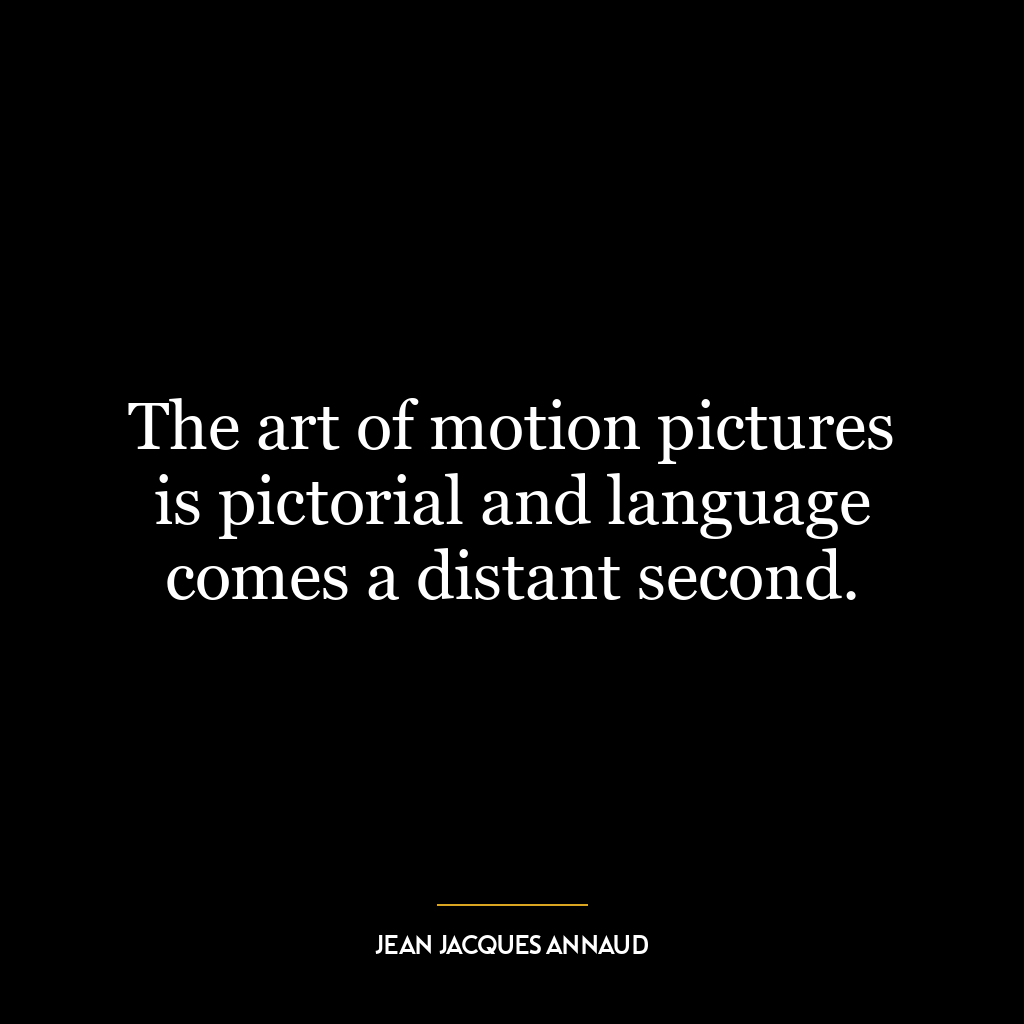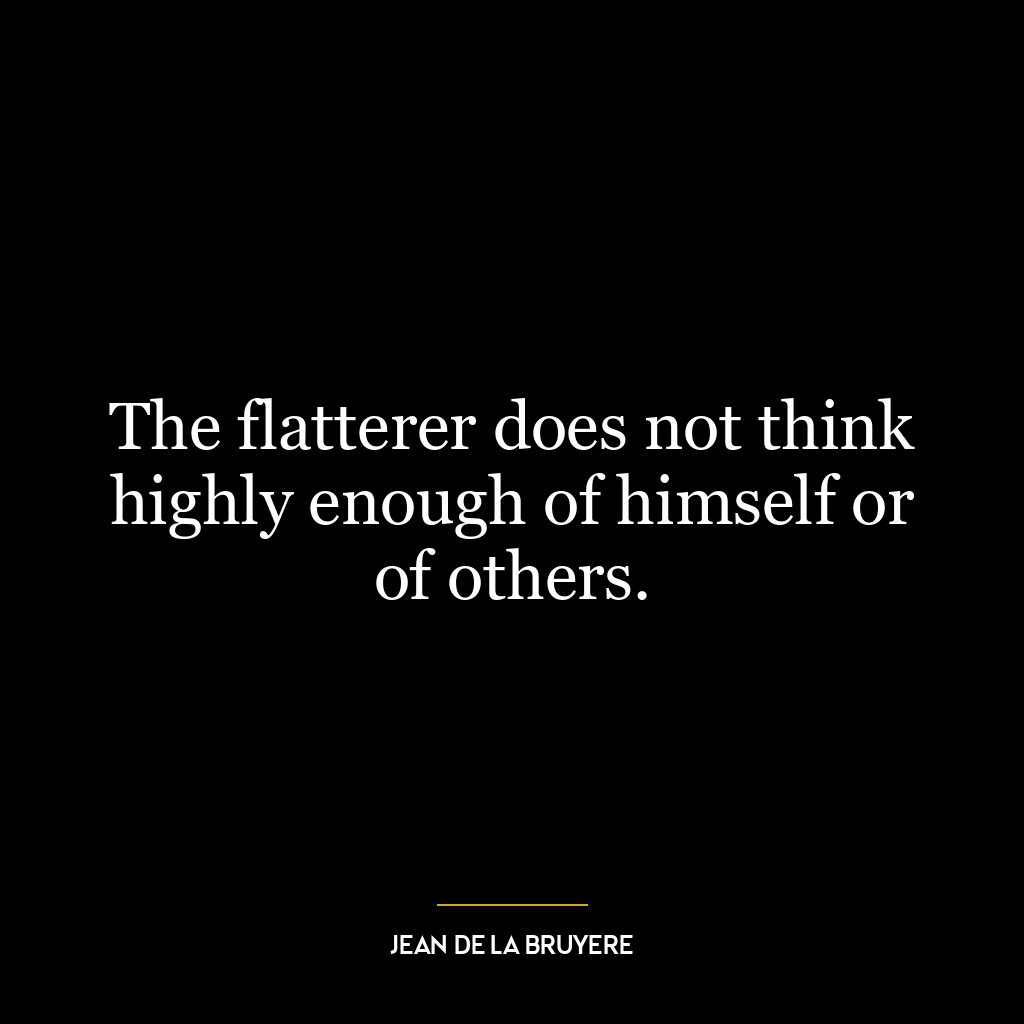The contrived language and the flattering attitude rarely come with the virtue.
This quote essentially suggests that genuine virtue or goodness is not typically accompanied by artificiality or insincerity. In other words, if someone is truly virtuous, they won’t need to resort to manipulative or deceptive tactics such as using contrived language or adopting a flattering attitude. The quote implies that true virtue is straightforward, honest, and genuine, not masked behind a facade of flattery or sophisticated language.
Taking this into a modern context, it could be applied to a variety of situations. For example, in the world of business or politics, many individuals use flowery language and flattery to persuade or manipulate others. According to this quote, such tactics are not representative of true virtue. Instead, individuals who are truly virtuous will be straightforward and honest, without resorting to manipulation or deception.
In terms of personal development, this quote could serve as a reminder to strive for genuine virtue. Rather than trying to impress others with sophisticated language or flattery, individuals should focus on developing true goodness and integrity. It’s a call to be authentic, to speak and behave in a way that reflects who we truly are, rather than adopting a persona that we think will make us more likable or successful.
Moreover, it also serves as a guide on how to discern the character of others. If someone is always flattering or uses convoluted language, it might be a sign that they are not as virtuous as they appear. Instead, look for individuals who are straightforward and genuine, as they are more likely to embody true virtue.








